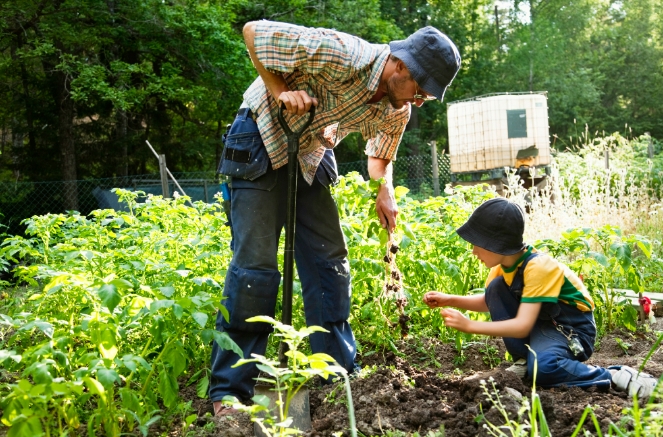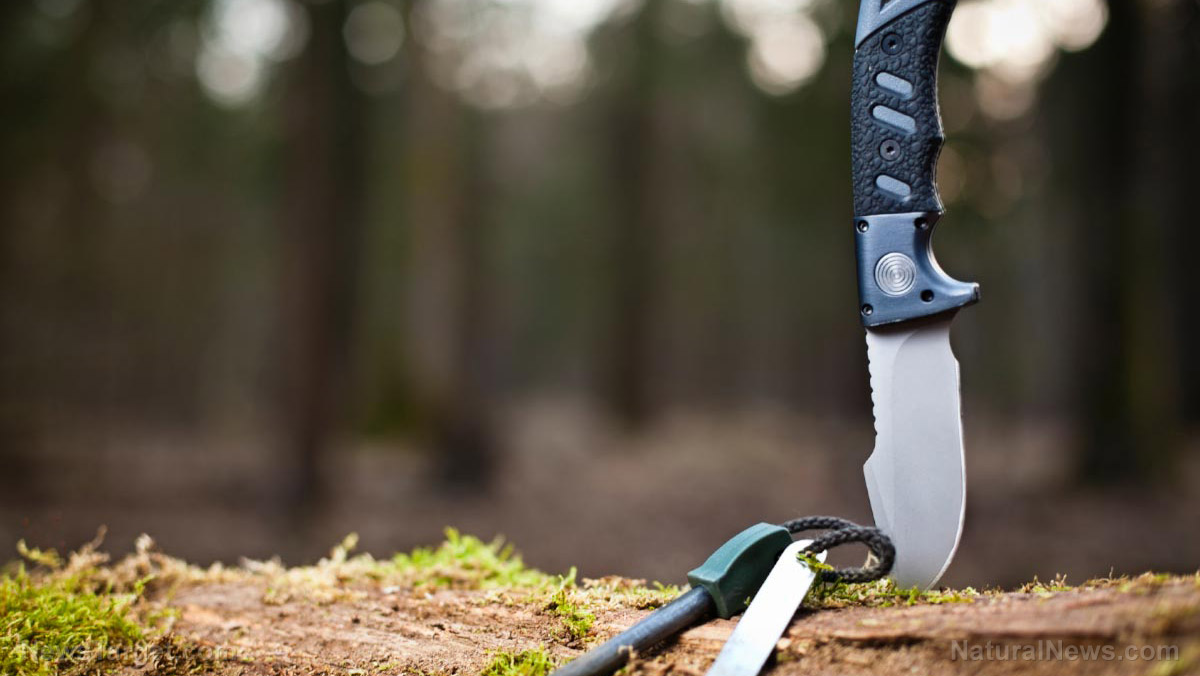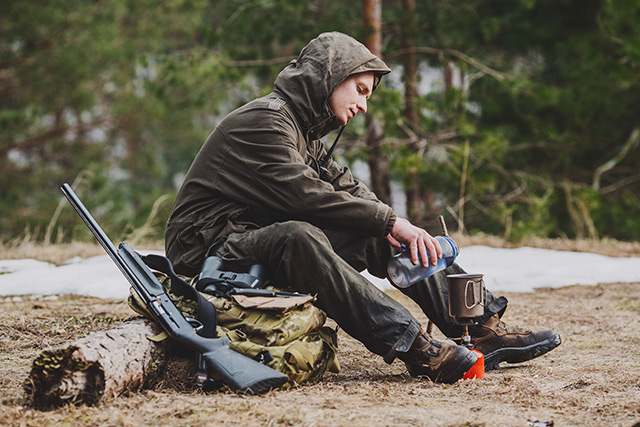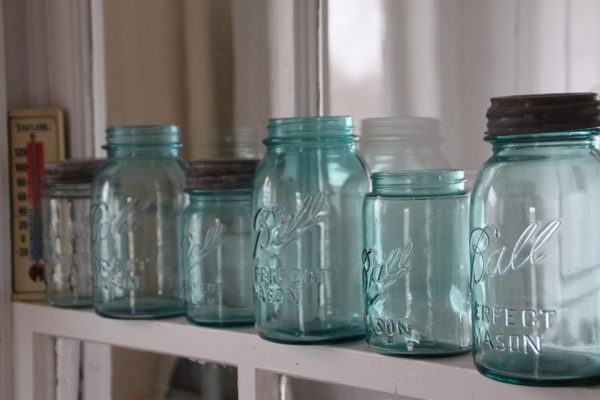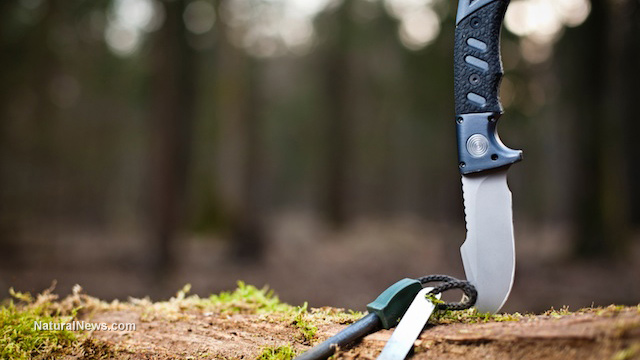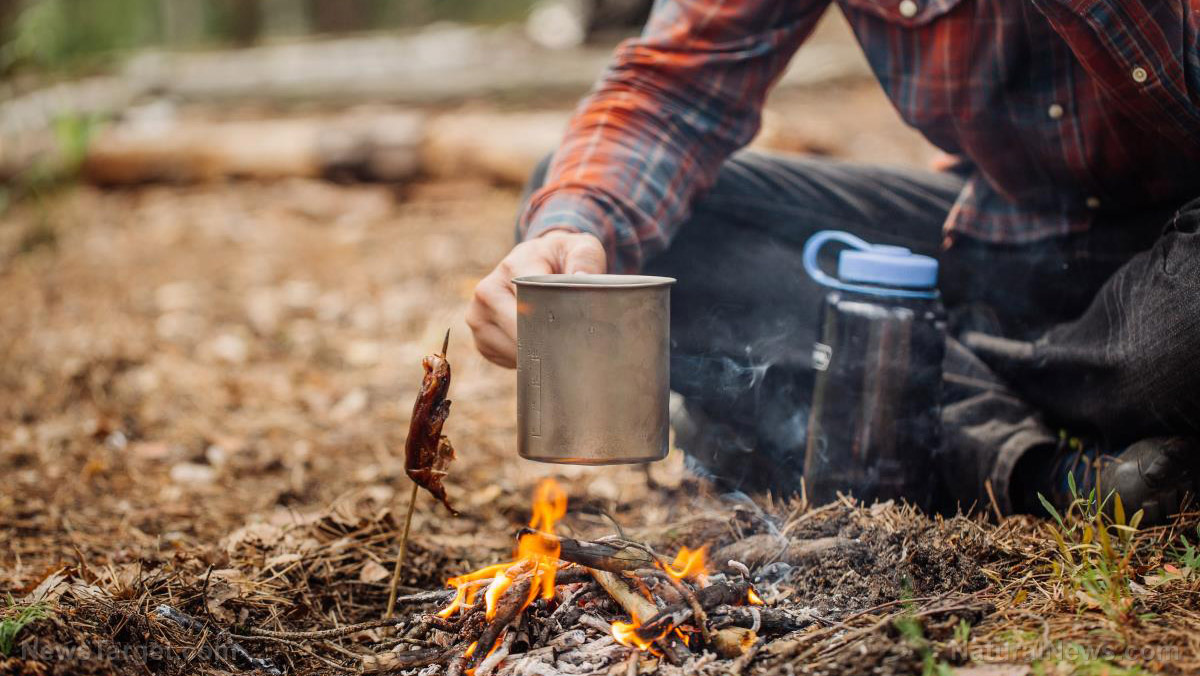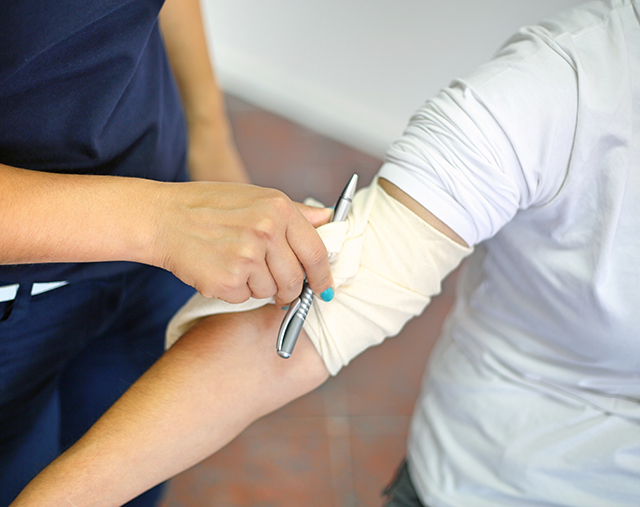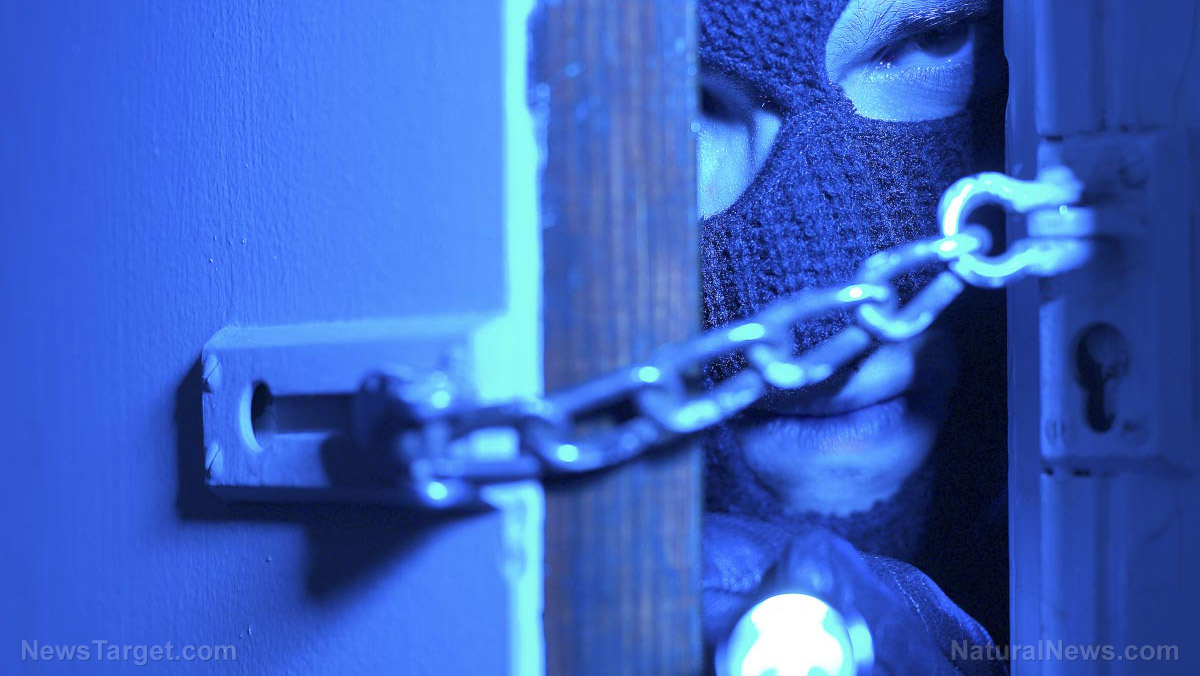06/01/2018 / By Edsel Cook
While it’s vital to have a bug-out plan when SHTF, you should also prepare your home for grid-down scenarios. According to a Smart Prepper Gear article, you can secure seven areas of significant concern in your shelter so that you can “bug in” instead of bug out.
Grid-down situations can range from blackouts to an electromagnetic pulse (EMP) attack. Many preppers advise focusing on everyday carry so you can bug out during these disasters. However, your goal should be to prepare your home so that you will never have to bug out when SHTF.
Bugging out should be your final option, when you have no other choice but to run. In an emergency, your plan is to bug in at your home.
First aid, cooling and heating, and food and water
First aid is the first area of concern. Accidents will happen, and grid-down scenarios could prevent you from going to the hospital – or anywhere. Always make sure your home has medical supplies. You need to keep yourself alive until you reach a healthcare professional. In addition, get some basic first-aid skills. Visit the nearest Red Cross office or community college for training. (Related: Medical prepping: 5 ways to protect your health when SHTF.)
The second area is cooling and heating. A grid-down scenario may expose you to the elements; winter brings with it freezing blizzards, while summer causes heat strokes. It’s important to find ways to cool or heat your home. Get the right kinds of clothes and wear more or fewer layers depending on the temperature. A fire will heat up your home quite nicely. Cooling is a bigger challenge. If possible, pick a cool area for your shelter.
Third on the list is a supply of food and drinking water. Start with two paychecks’ worth of food with long shelf lives. Then stock up six months’ worth of dried food. Afterwards, start cultivating a survival garden. Pick perennial plants that can grow in small plots and are easy to store. A survival garden needs space, so you should pick property or land that can accommodate it. You also need to hide it from potential looters.
Sanitation, power, communications, and security
Proper sanitation is another concern. You need to stay clean and avoid certain diseases. Set up an off-grid toilet system. One homesteading technique is using bucket toilets with sawdust to cover waste. Over time, it becomes compost for your survival garden. Secure a source of water for bathing. For warm showers, leave a container full of water under the sun for several hours.
Concern number five is a supply of electricity. You can survive without it, but power makes things much easier. Flashlights and certain other electronic devices will require batteries or a recharging source.
Item number six is communications. You need a means of talking with friends, family, and other people, preferably one that can survive an EMP attack. Communications can keep you informed about the wider world. It also lets you coordinate with your loved ones and allies.
Last but not least is security. Get sturdy locks for your doors, block off any possible entry points for intruders, and get the means to defend your home from looters and other enemies.
Stay forewarned about disasters that could cause grid-down scenarios at Disaster.news.
Sources include:
SmartPrepperGear.com
ArtOfManliness.com

